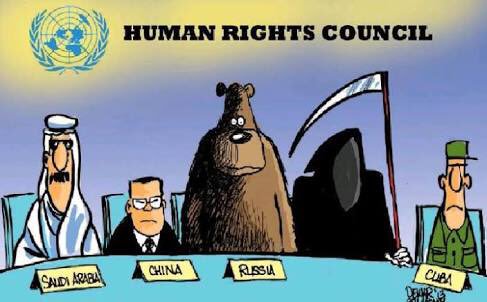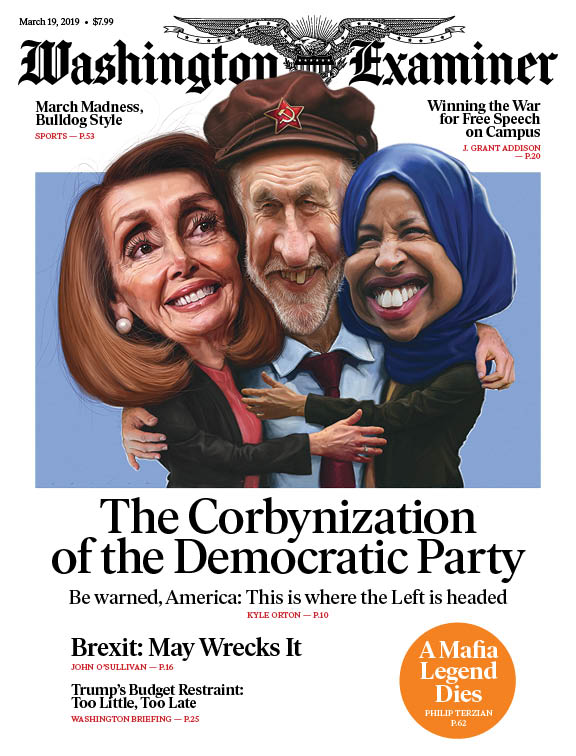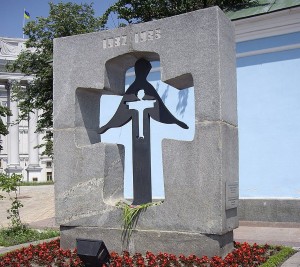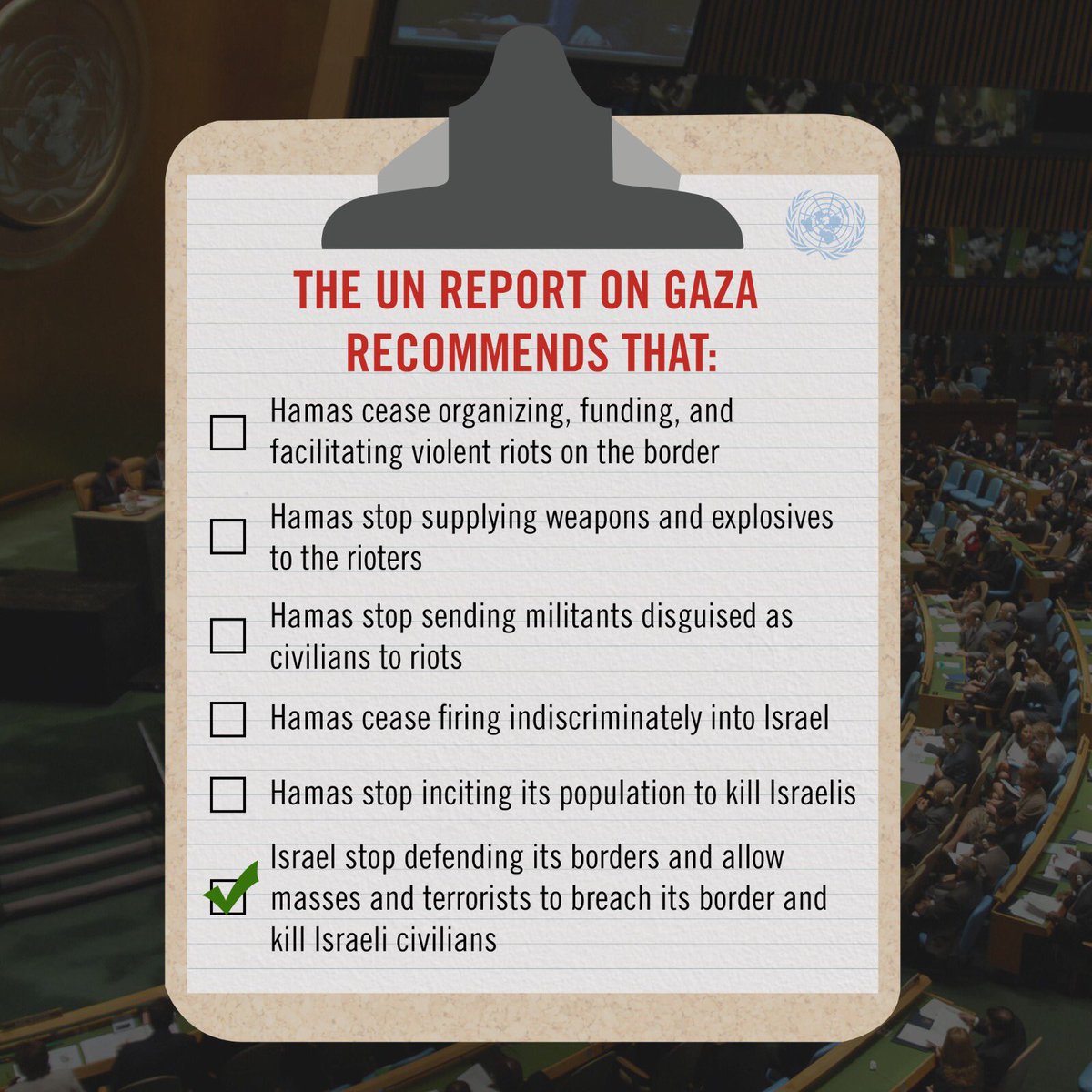Meet some of the people the UN calls “civilians” killed in Gaza border clashes
Joe Truzman presented his findings, which are at odds with a UN Report, on the identity of many of those killed — they were military members of terrorist groups including Hamas and Islamic Jihad.One-sided UNHRC report ignores Hamas' Aggression
We have extensively documented how the supposedly “peaceful protests” at the Gaza-Israel border fence are, in reality, Hamas and Islamic Jihad military terror operations using some civilians as cover, including women and children.
The so-called ‘Great March of Return’ is turned on and off by Hamas as its needs require.
Over 80% of the Gazans killed at the border have been military members of terrorist groups, the best evidence that these are not really civilian protests. Even some of the “children” involved, and who have been killed or injured, were teenage military members of terrorist groups.
Joe Truzman has been a leader in documenting the identity of the terrorists involved at the border, and the violent actions directed at Israel, as we noted in Meet Joe Truzman, our go-to source on Gaza and Palestinian terror groups.
Increasingly, Joe is being recognized for his work, including by UN Watch, which fights anti-Israel bias at the UN, including the UN Human Rights Council. UN Watch organized an alternative program on the day the UN Human Right Council was holding another on of its anti-Israel hatefests. This most recent hatefest included release of a biased report about the Gaza border protests and the death of Palestinians, portraying the events as civilian protests.
Instead of condemning Hamas as the prime source of violence and instability in Gaza - the United Nations Human Right Council is blaming the victims of Hamas terrorism for acting in self-defence.
Any council member which holds peace dear must REJECT this resolution!
UK, Austria to oppose UN Human Rights Council condemnations of Israel
The United Kingdom said Thursday it will automatically oppose all proposals made to the United Nations Human Rights Council under a fixed item exclusively devoted to Israel’s treatment of the Palestinians.
The announcement came as Austrian Chancellor Sebastian Kurz declared that his country will vote against a key resolution lashing Israel, which is up for a vote this week.
Britain’s Foreign Secretary Jeremy Hunt said the council’s so-called Agenda Item 7 “undermines the credibility of the world’s leading human rights forum” and “obstructs the quest for peace in the Middle East.”
As a permanent item on the agenda, Item 7 means no session of the Geneva-based council can be held without specifically discussing Israel.
The council was set to vote on four resolutions Friday condemning Israel for alleged war crimes and crimes against humanity.
“Two years ago, the United Kingdom said that unless the situation changed, we would vote against all texts proposed under Item 7,” Hunt wrote in an op-ed published Thursday in the UK’s Jewish Chronicle weekly.
“Sadly, our concerns have not been heeded. So I have decided that we will do exactly what we said: Britain will now oppose every Item 7 resolution. On Friday we will vote against all four texts proposed in this way.”
Jeremy Hunt: The UN Human Rights Council ignored our concerns on its Israel approach. Now we must act
In some countries in the Middle East, the result of the next election is a foregone conclusion. Yet on April 9, millions of voters in Israel will decide the fate of their leaders – and no-one can predict the outcome.
A fair-minded observer would find it curious that, of all the situations in the world, only Israel and the Occupied Palestinian Territories are permanently on the agenda of the United Nations Human Rights Council (HRC).
The horrors of Syria’s civil war, the brutal detention camps in North Korea, the ethnic cleansing of Rohingya Muslims in Burma – all these human tragedies have been the subject of important HRC Resolutions, passed with Britain’s full support.
But amid such catastrophes, a dedicated place on the HRC agenda - known as Item 7 – is reserved solely for Israel and the Occupied Palestinian Territories. This means no session can take place without a specific discussion of this subject.
By any standard of fairness or proportion, elevating this dispute above all others cannot be sensible; indeed it is an unhelpful illusion to suppose that Israel’s conduct deserves special scrutiny.
When Item 7 was first introduced, Ban Ki-Moon, then UN Secretary General, voiced his disappointment “given the range and scope of allegations of human rights violations throughout the world”.
Far from serving any useful purpose, I fear that this dedicated place obstructs the quest for peace in the Middle East.
The text, entitled "Accountability," also invokes the discredited 2009 Goldstone Report, and seeks to cast all Israeli defense against Hamas terrorism as "war crimes."
— Hillel Neuer (@HillelNeuer) March 21, 2019
The UK voted No on this absurd text last year & we urge @Jeremy_Hunt to vote No again.https://t.co/O2PTusATza pic.twitter.com/cn4aVsRkwh
Jeremy Hunt's move today shows Britain has failed to reform the UN Human Rights Council from within
When the United States stormed out of the UN Human Rights Council over its treatment of Israel last summer, Britain’s then chief diplomat Boris Johnson vowed to stay put.
Washington’s view in June 2018 was that it was plainly unjust for Israel to be only country whose alleged human rights abuses are discussed at every regular meeting without fail.
“The world’s most inhumane regimes continue to escape scrutiny,” one American official said as her country ended its HRC membership 18 months early.
But the United Kingdom — which became a member at the same time at the US — said it would not be staging a walkout of its own.
Mr Johnson said the HRC had many failings and Israel’s permanent place on the agenda was one of them. A “disproportionate and damaging to the cause of peace”, he called it.
But, he went on, the world needed a forum where countries could talk to each other about human rights abuses.Thus the HRC was the “best tool available...to address impunity in an imperfect world and to advance many of our international goals.”






































